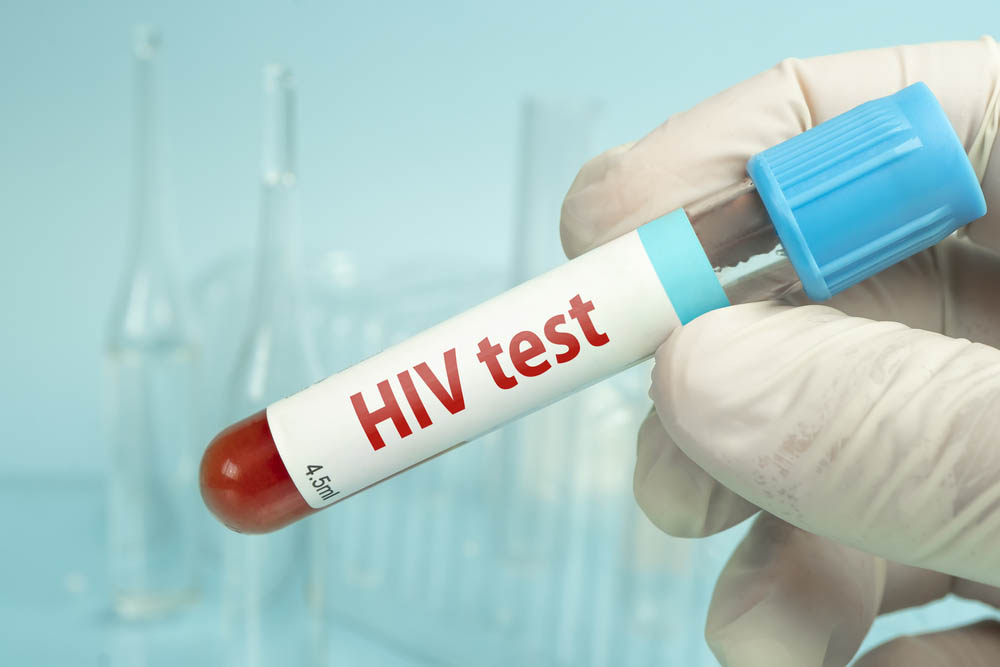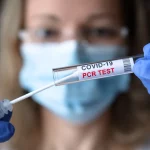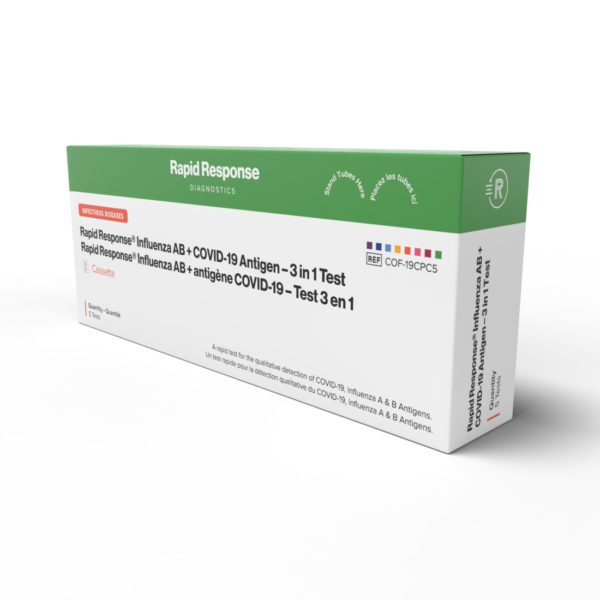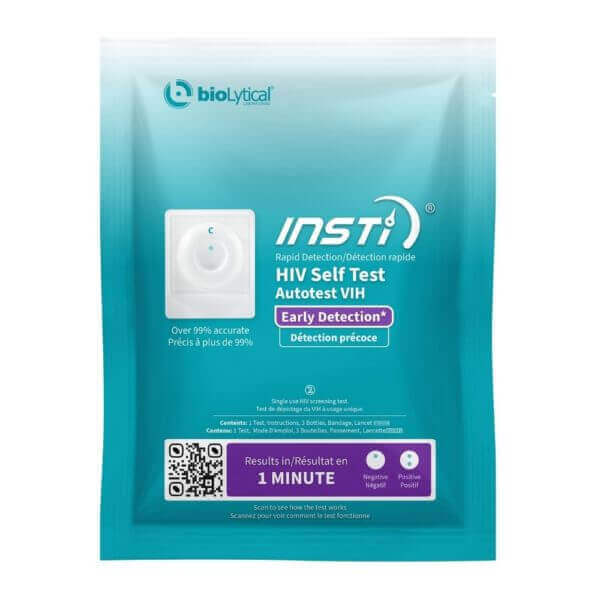Human Immunodeficiency Virus (HIV) is a serious global health concern, and early detection plays a crucial role in managing the disease effectively.
By the end of this article, you’ll learn:
- How to detect HIV
- How to get tested for HIV
- What HIV test results mean
- What are the benefits of early HIV detection and treatment
Can you detect HIV with a routine blood test?
The routine blood tests commonly performed in a laboratory include:
- Complete blood count (CBC)
- Comprehensive metabolic panel (CMP)
- Lipid panel
- Liver function tests (LFTs)
Routine blood tests focus on assessing general health parameters and are not designed to screen for HIV infection specifically.
While an HIV test often requires a blood sample, it can’t be detected with a routine blood test.HIV detection requires specific tests that specifically target the presence of HIV antibodies or antigens.
HIV testing requires specialized immunoassays or nucleic acid testing (NAT) that specifically target the virus’s unique components. These tests are typically conducted when there is a specific reason to suspect or screen for HIV infection or when an individual requests an HIV test specifically.
How do I get tested for HIV?
Getting tested for HIV is a straightforward process that can be done in various healthcare settings, including:
- Clinics
- Hospitals
- Specialized testing centers
The most common testing methods involve drawing blood samples, which are then analyzed using the aforementioned immunoassays.
An alternative is rapid HIV tests, which provide quick results within minutes.
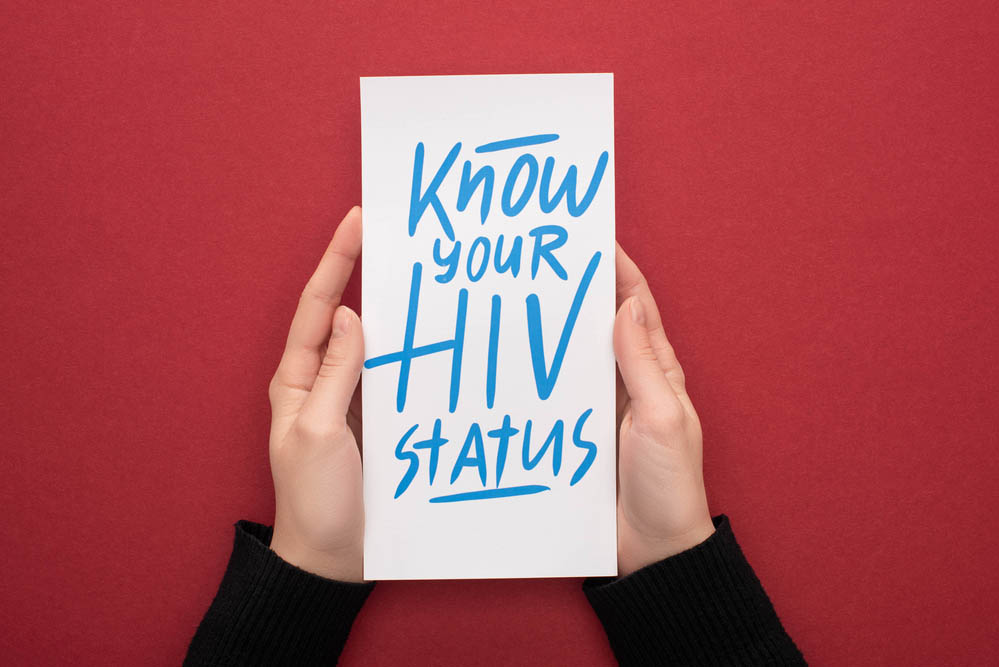
What do HIV test results mean?
Understanding the interpretation of HIV test results is crucial for individuals undergoing testing.
A negative result usually indicates the absence of HIV antibodies or antigens in the blood sample, suggesting no current infection. However, it’s important to note that the window period—the time between HIV infection and detectable antibodies—varies for different individuals. Repeat testing may be necessary to confirm negative results during this window period.
A positive HIV test result indicates the presence of HIV antibodies or antigens, signaling an active infection. Confirmatory testing, such as Western blot or NAT, is typically performed to confirm the diagnosis.
What are the benefits of early HIV detection and treatment?
Early detection of HIV offers numerous benefits in terms of effective management and improved health outcomes. Prompt diagnosis allows you to access necessary medical care, including antiretroviral therapy (ART).
ART helps suppress the replication of the virus, preserve immune function and reduces the risk of disease progression. Early treatment also reduces the likelihood of HIV transmission to others.
Lastly, early detection enables healthcare providers to monitor the patient’s immune status regularly and intervene promptly if any complications arise. It empowers you to make informed decisions about your sexual health, take necessary precautions and seek counseling and support.
Takeaway
Although HIV tests and normal blood tests are performed by drawing blood, they measure different things. So, normal blood tests can’t detect HIV.
If you suspect that you have HIV, we recommend that you undergo an HIV screening test as soon as possible. Early detection can help in managing the infection while minimizing the risk of transmitting it to others.
